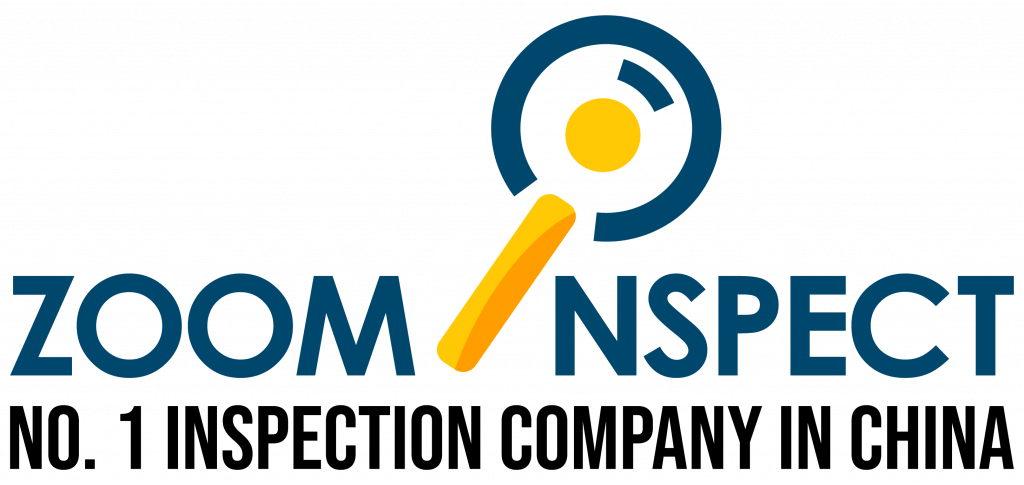An integral part of the supply chain management process is Pre-Shipment Inspections (PSI), which ensure newly manufactured products are checked for quantity and quality before being shipped out from the factory. So, what are the top five things you need to know about this important quality control process?
1. Pre-Shipment Inspection is a systematic random inspection
The PSI is a systematic inspection of manufactured units which are selected at random from all batches prepared for shipment. This inspection is conducted when production is 100% complete, and 80% packed – all following Acceptable Quality Level (AQL) standards, or based on specific customer requirements.
Random sampling enables the quality control team to effectively estimate the quality level of the full batch of manufactured products.
2. PSI helps to avoid costly re-manufacturing and delays
A faster, less costly way to gain insight into a larger order, Pre-Shipment inspection enables the team to check the quality and quantity of the manufactured goods, check for any defects in the products, and make sure that products and packaging meet the safety standards required for the destination market. This effectively enables any product defects to be corrected prior to shipment.
At Zoominspect, we have seen several cases where importers have not inspected products prior to shipment, and after receiving them in their own warehouses were unable to sell them on the market. This increased their costs for remanufacturing, with delays (and additional expense) caused by having to return the goods to the factory or dispose of whole shipments.
3. Pre-Shipment inspection services improve import efficiency
To avoid any regulatory issues, the PSI inspection services will help to ensure inspection certificates and reports are in good order for the outgoing shipment. It is up to importers to ensure that these legal requirements are met, so the certifications help the customs clearance process, which can otherwise take a much longer time.
A Pre-Shipment Inspection verifies that products comply with safety standards and regulations, proving that they do not present a danger to health, safety, or the environment. All products and packaging must also be checked to make sure they have the required certification markings (for example, the CE mark for the EU market).
If a product does not meet the market requirements, it will face import restrictions – including being blocked by customs, or be subject to product recall or destruction.
4. PSI is an efficient tool to protect a brand’s reputation
A Pre-Shipment inspection protects the reputation of the companies. With PSI, they will deliver high-quality products to their clients and protect their reputation and brand image.
Weak product quality can be destructive to a brand’s reputation, causing major financial and operational costs. Product recalls can harm consumer sentiment, causing them to be wary of the brand in future scenarios, while also being costly.
5. Pre-Shipment Inspection can improve international trade standards
Pre-shipment inspections were officially introduced as an agreement to improve international trade standards under the World Trade Organization (WTO).
The WTO agreement intended to improve the PSI process by laying out fair and understandable procedures and time schedules, while also making the governments of importing countries responsible for the actions of the Pre-Shipment Inspection companies that they use.
Zoominspect is a globally trusted inspection company offering services in China. We pride ourselves in providing quality inspection services to our customers from all over the world.
Contact us here to learn more about our inspection solutions.




